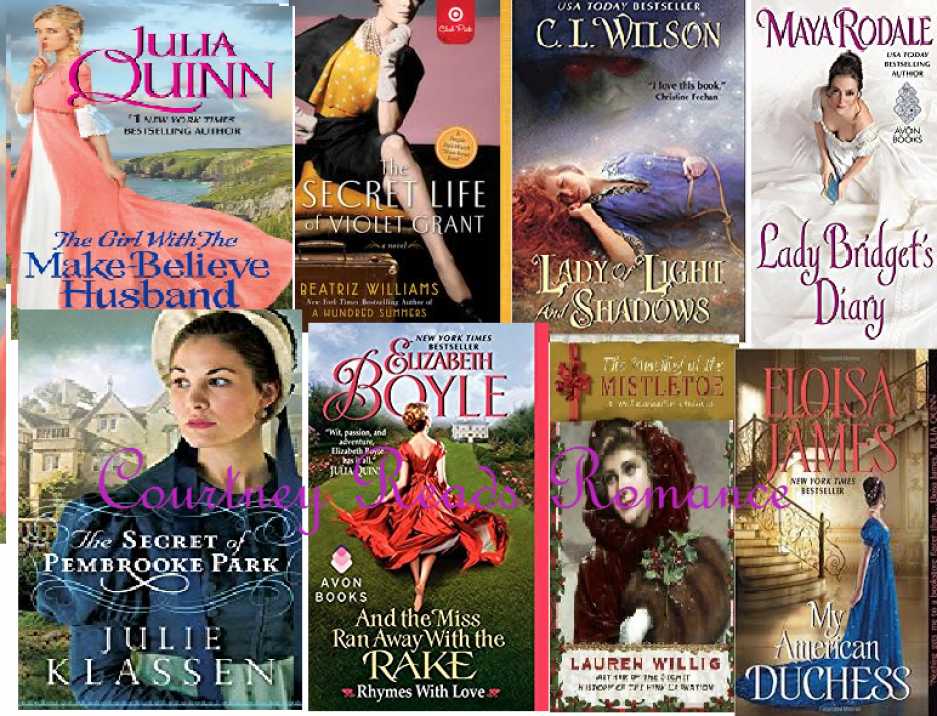I am in disbelief at the turn of events over the last week. What started as a somewhat heated, but civil discussion of Balance by Lucia Franco, deeply troubling “romance” book depicting the relationship between a 15 year old gymnast and her 32 year old coach, prompted by its recent inclusion in a romance list on the Frolic website, turned into an attack coordinated by Franco’s rabid fans, resulting in the doxxing and silencing of one of the most vocal critics, another indie author, Scarlett Parrish, which includes, as of this writing, the latest act against her: Franco’s lawyer (who evidence also suggests is her husband) sending her a cease-and-desist. All because she dared to have an opinion that Franco didn’t like, and expressed it openly, and this turn of events coincided with the removal of the book in question (followed later by the rest of the series) from Amazon.
The book’s concept is abhorrent, even if you subscribe to the fact that fiction is separate from reality. This has been used to justify the inclusion of everything from the thousands of dukes and billionaires to the problematic tropes surrounding alphahole heroes, dubious consent, and more, particularly with the rise of dark romance as a subgenre in indie publishing, dealing with taboo subjects. However, even for some of the dark romance authors, the glorification of child rape was going a step too far, which is really saying something. Rachael Denhollander, one of the victims of former gymnastics coach and sexual abuser Larry Nassar, spoke up about the situation in a tweet: ” What we accept as entertainment plays a substantial role in rape culture. We just don’t want to admit it, because then we’d have to give up something we justify liking.”
I recommend consulting Jenny Trout’s post on the matter, as while it took place prior to much of the action against Parrish, Trout does outline many of the issues readers have with the book and the tired arguments Franco’s defenders are using more succinctly than I could, not to mention being much more informed in several areas of this situation.
But I would like to comment on the insistence that Franco is being “censored” due to the removal of her work from Amazon (and from what I understand, other retailers she decided to sell her work on following the book’s removal, such as Kobo). This occurred, not due to the outcry of the “haters,” but due to the violation of the retailers’ Terms of Service, and the simple fact that she was allowed to even temporarily sell her books anywhere after removal from Amazon is the opposite of censorship. Nonetheless, this “banning” has led to the appropriation of #ireadbannedbooks on Twitter by some of her fans, which is laughable to me, having gone through library school, not to mention done a thesis on collection development and management and selection vs. censorship in relation to romance novels. The very fact that Eden Books (who ironically also have Terms of Service that would normally result in the removal, if not the lack of consideration, of her work), further illustrates this ludicrous nature of their claims.
But while this is the latest and one of the most brutal examples of authors or their fans going after those who dare critique their work, this is an issue that has been becoming more and more prominent in the book community over the last several years. The Sarah Dessen incident is still fresh in many of our minds, and while it did not go on as long or become as intense as this one is becoming, the common factor is an author and/or their supporters doxxing a critic while simultaneously trying to play the victim.
And there have been other incidents, with varying shades of ugly, that have shown many authors are thin-skinned and vindictive. From an indie author threatening to kick those who post negative reviews off her review team to the infamous Kathleen Hale incident, it’s becoming increasingly hazardous to be a book reviewer, or even just to speak one’s mind about a book, for fear of retribution from the author or their minions. And with the increasing culture of friendships being fostered between authors and readers, thanks in part to social media, it’s not uncommon to find people who refuse to say anything negative about books, unable (or unwilling) to distinguish between the author and the work. Granted, this can be an issue with critics as well, but that is not the case with any of the aforementioned cases, especially not the Lucia Franco case, where all the personal attacks are one-sided.
In short, free speech is important. But it goes both ways, and it doesn’t mean freedom from consequences in public discourse when you cross that line to “punish” people for speaking out while citing your own right to free speech. Reviews, good and bad, are a part of being an author, and those who choose this career path need to accept that, especially if they’re writing something with problematic elements. Instead of focusing your energy on spewing hate to these reviewers (and feeling the urge to doxx them or otherwise harm them), you might spend it productively, either ignoring it and continuing to write for the audience that does like your work or taking a step back to actually think about the criticism in the correct context and how it might encourage you to be better as a writer.

